Liberia had a unique position in African history as the first independent republic in the continent and BCCI’s presence in Liberia was a manifestation of the bank’s commitment to serve the Third World. BCCI began operations in 1978.
Country information
Liberia, officially the Republic of Liberia, is a country on the coast of West Africa, bordered by Sierra Leone to its northwest, Guinea to its north, Cote d'Ivoire (Ivory Coast) to its east, and the Atlantic Ocean to its south and southwest.
.jpg)
History
Liberia "land of the free slaves" had a unique position in African history as the first independent republic in the continent.
Portuguese explorers established contacts with Liberia as early as 1461 and named the area Grain Coast because of the abundance of "grains of paradise" (Malegueta pepper seeds). In 1663 the British installed trading posts on the Grain Coast, but the Dutch destroyed these posts a year later. There were no further reports of European settlements along the Grain Coast until the arrival of freed slaves in the early 1800s.
The drive to resettle freed slaves in Africa was promoted by the American Colonisation Society (ACS), an organisation of white clergymen, abolitionists, and slave owners founded in 1816. Between 1821 and 1867 the ACS resettled some 10,000 African-Americans and several thousand Africans from interdicted slave ships; it governed the Commonwealth of Liberia until independence in 1847.
In 1824 the territory was named Liberia, and its main settlement was named Monrovia, the present-day capital. Despite losing sections of its territory to the British and the French during the era of colonisation, Liberia was the only African country, apart from Ethiopia, to remain independent.
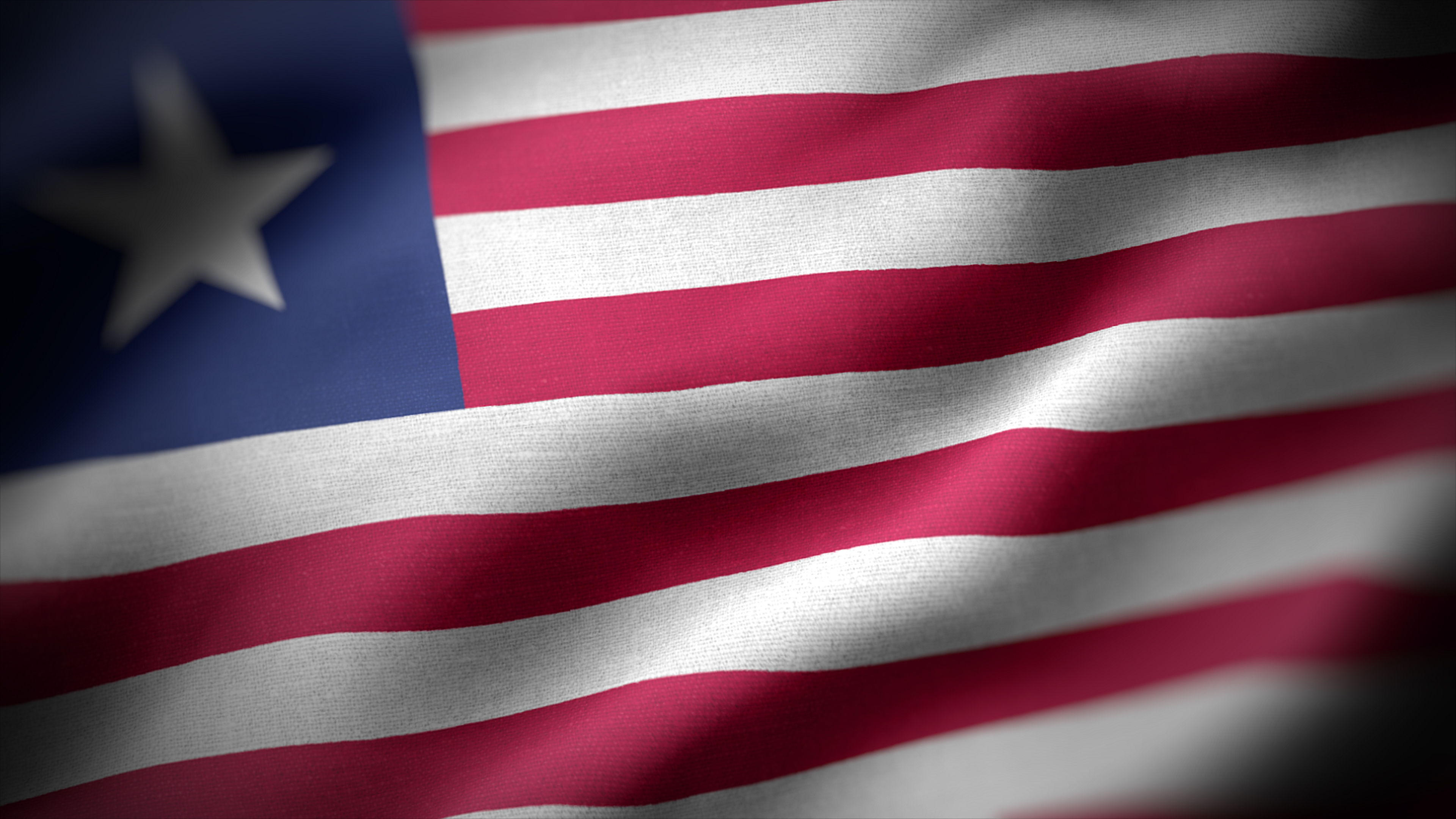 Liberia declared independence as a republic on 26 July1847, which the U.S.A. did not initially recognise. However, after 15 years of avoiding the issue, the U.S.A. officially recognised Liberia's independence on 5 February 1862 and its boundaries were expanded.
Liberia declared independence as a republic on 26 July1847, which the U.S.A. did not initially recognise. However, after 15 years of avoiding the issue, the U.S.A. officially recognised Liberia's independence on 5 February 1862 and its boundaries were expanded.
Population and language
In the 1980s the population was around two million.
There were 16 ethnic groups that made up Liberia's indigenous population. Americo-Liberians who were descendants of freed slaves that arrived in Liberia early in 1821 made up an estimated 5% of the population.
There were also sizable numbers of Lebanese, Indians, and other West African nationals who comprised part of Liberia's business community.
English was the official language.
Economy
The Liberian economy relied heavily on the mining of iron ore and on the export of natural rubber.
An era of strong foreign investment was initiated in 1926 when Firestone, the rubber company of USA, was granted a concession in Liberia. This began a trend towards the promotion of laissez-faire investment by foreign capital, known as the Open Door Policy. Relations with the USA were cemented, both in terms of investment and public relations. A mutual defence pact was signed in 1942 and the US dollar is legal tender in the country.
The country was rich in natural resources such as rubber, iron ore, timber, diamonds, gold, and tin.
The main agricultural product was rubber which was for a long time the mainstay of the Liberian economy, but in 1961 iron ore replaced rubber as the major export earner and the proportional contribution of rubber to the GNP gradually declined. Rubber, however, remained a prominent part of the economy and was also the largest employer. Apart from the Firestone company (USA), Uniroyal (France), Guthrie Plantations (U.K.) and the Liberian Agriculture Company were important rubber producers.
Liberia was also a major exporter of iron ore on the world market. In the 1970s and 1980s, iron mining accounted for more than half of Liberia's export earnings.
The major iron ore company, Lamco Iron Ore Mines, was jointly owned by Liberian, American and Swedish shareholders. Lamco mined the Yekepa mountain and then transported the iron ore through Liberia both for home consumption and for export.
In the mining sector, diamonds were important source of export earnings.
Following the coup d'etat of 1980, the country's economic growth rate slowed down because of a decline in the demand for iron ore on the world market and political upheavals in Liberia.
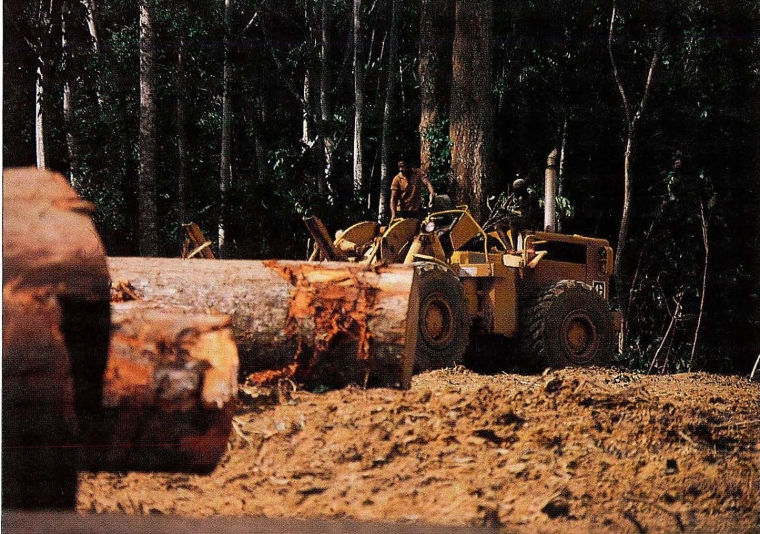
To boost export earnings due to the fall in demand for iron ore in the world market, investment in the timber industry was encouraged. Liberia was the most forested country in West Africa.
Maritime fees from registrations of ships under the Liberian flag were also an important source of foreign exchange earnings.
The exploration of oil off the coast of Monrovia was being undertaken by a number of international companies such as Chevron and Exxon of the U.S.A. The government believed there may be sizable deposits of crude oil along its Atlantic Coast.
BCCI in Monrovia
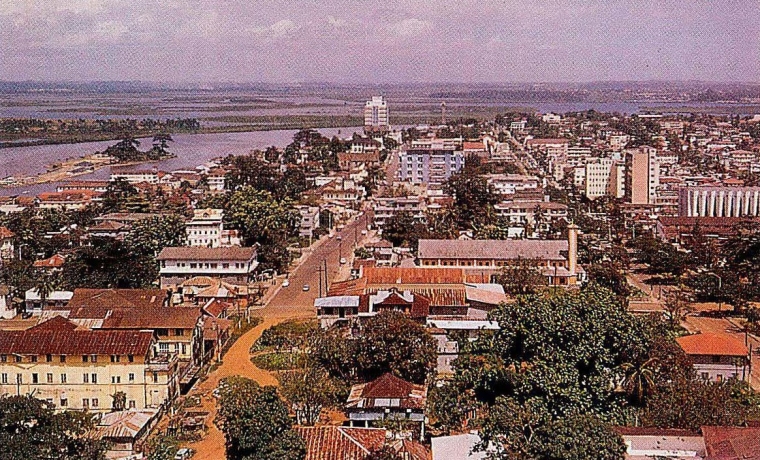
BCCI began operations in Monrovia, the capital of Liberia, in 1978, just before the famous Rice Riots, when there was widespread protest at the increasing cost of rice in the country. The following year saw a rapid change of government, which destabilised the economy and caused a flight of capital. This did not last long, however, and the return to normality was helped by the relationship of the Liberian economy to the US dollar.
Monrovia branch was located at:
P.O. Box 10-3588
1000 Monrovia
10. Monrovia
Telephone: (231) 224002 / 224011
Fax: (231) 223780
Telex: 44470 BANCRECOLI
The beginnings for BCCI in Monrovia were modest, but by 1980 the branch had moved to premises in a prominent location at the heart of the capital, which greatly Liberia's middle classes were mostly people employed by the government and of professionals.
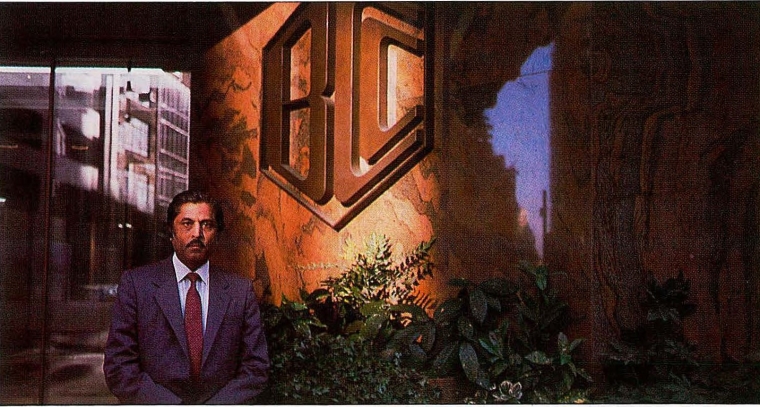
In the first few years of BCC' s branch pursued the bank’s well-established policy of serving importers and exporters, mainly in textiles and consumer goods.
There were relatively few Liberian businessmen, although the number was growing. Much of the retail and wholesale business was in the hands of Lebanese.
In the later years branch concentrated on serving multinational corporations, such as airlines and oil companies. Although BCCI in Liberia continued to give full support to local traders.
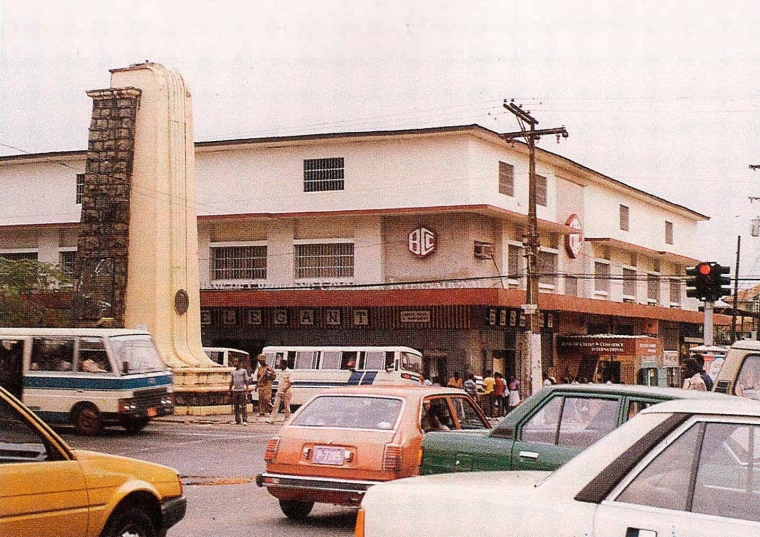
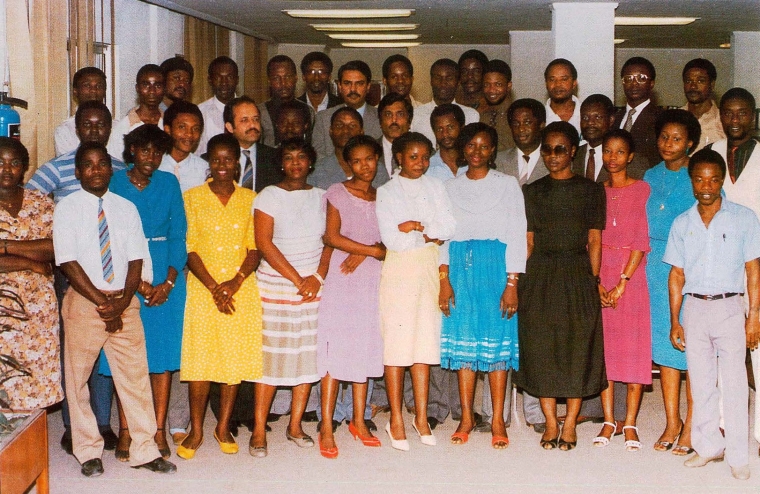
During 1984 BCCI's share of the market increased from 7% to 13%, based on a comparison of assets and excess balances with Liberia's Central Bank.
In early December1989 a civil war broke out in the country, the root cause according to Liberian scholars for the years of conflict that ended in early August 1997 were reported to be ethnic divisions, abuse of power, a corrupt political system, and economic disparities.
The civil war was having a devastating effect on the country's economy. Most major businesses were being destroyed or heavily damaged, and most foreign investors and businesses were leaving the country. Iron ore production stopped, and the United Nations banned timber and diamond exports from Liberia.
BCCI suspended its operations in Liberia from June 1990 due to the civil war. Important records were transferred to BCCI in Sierra Leone.
BCCI closure
On 5 July 1991 the Bank of England and other regulators in the west decided to freeze BCCI Group's assets and abruptly shut down BCCI's operations worldwide.
The priority of the governments and central banks in some countries was to protect their people and the local operations of BCCI continued in a different name after the assets and liabilities were acquired by private investors or another bank.
BCCI's operations in Liberia remained suspended since June 1980 due to the civil war when certain records were transferred to BCCI in Sierra Leone. Liquidation order was reportedly made in Liberia on 5 November 1991.
The BCCI Group majority shareholders considered the abrupt action by western central banks to shut down BCCI in 1991 was unjustified when they already had detailed discussions with the Bank of England and other regulators on a restructuring plan and would have injected further capital, if required.
In a 24-page report not made public but sent to some 60 central bankers worldwide, the United Nations Center on Transnational Corporations said that by simply shutting down the 70-nation banking network that financed international trade of $18 billion a year, the economic damage fell hardest on countries like Nigeria, Bangladesh and Zambia, where B.C.C.I. was an important institution. (New York Times, Feb 5, 1992)
